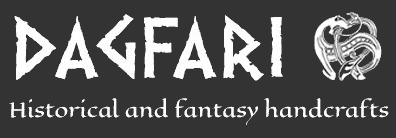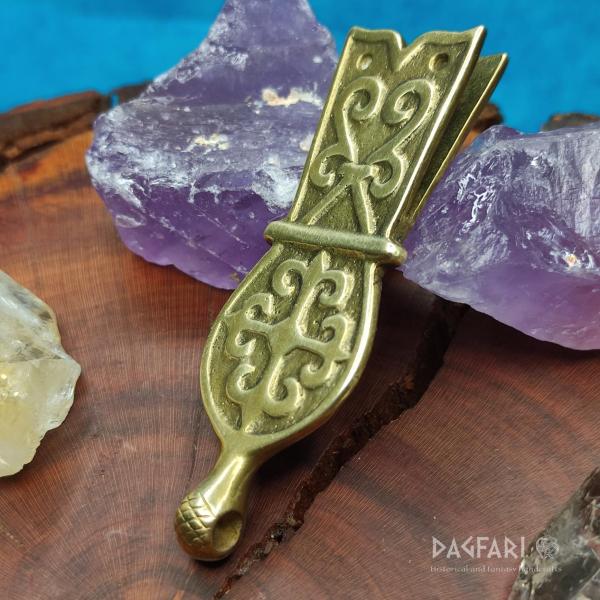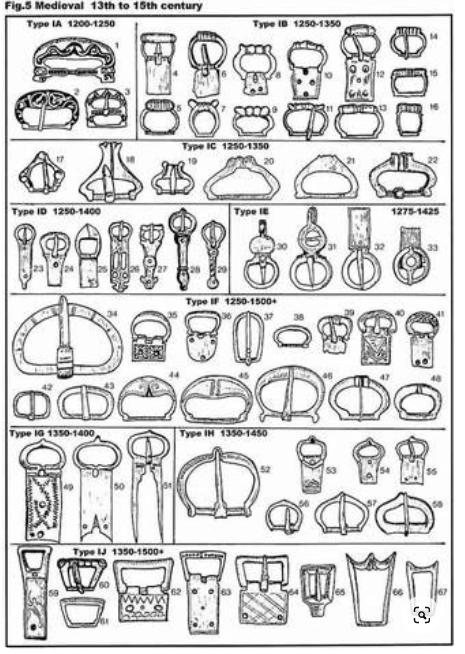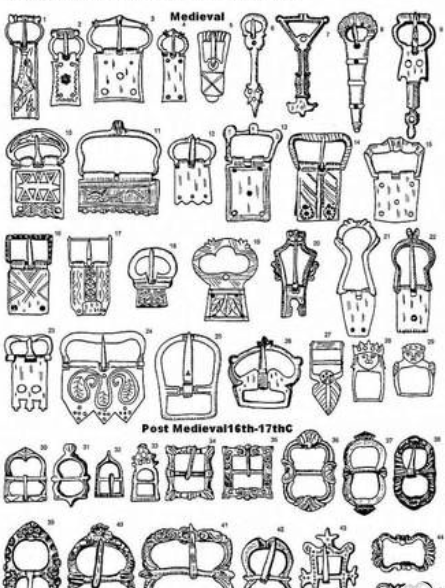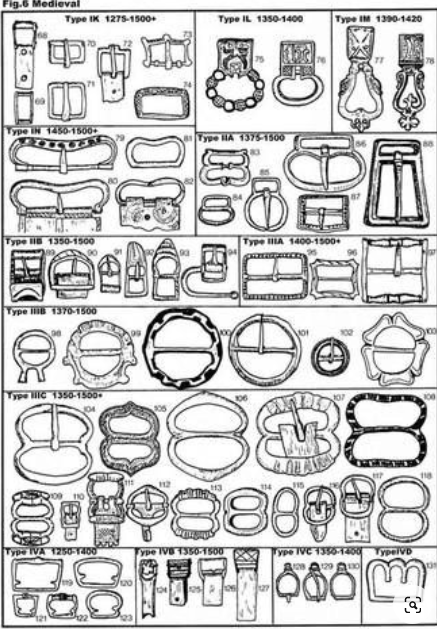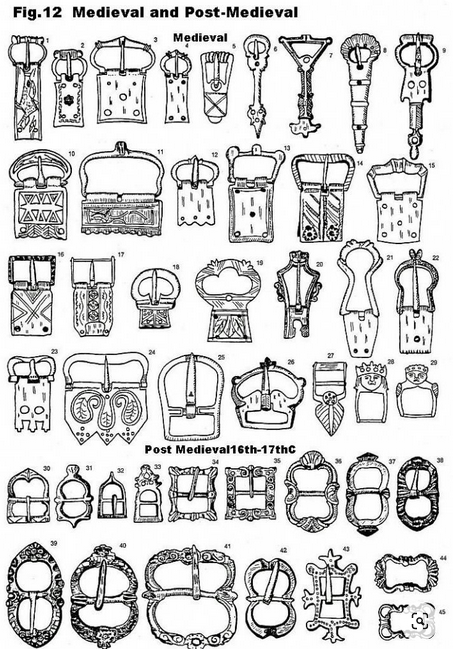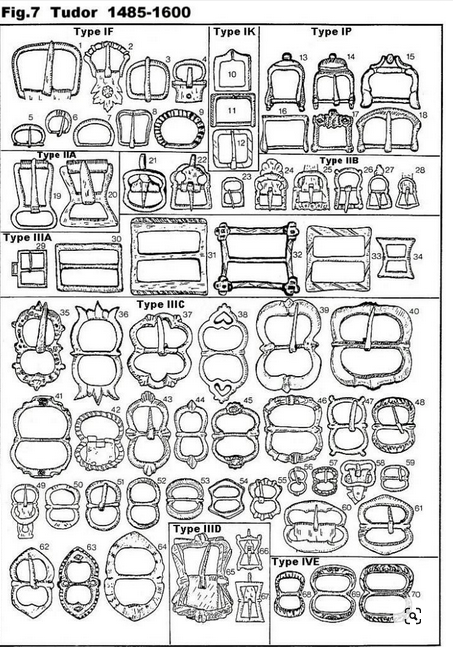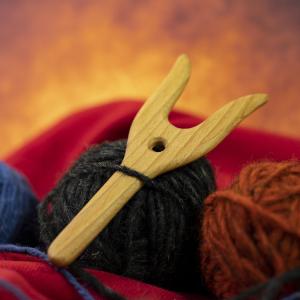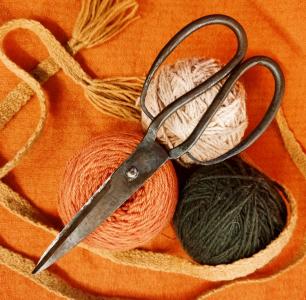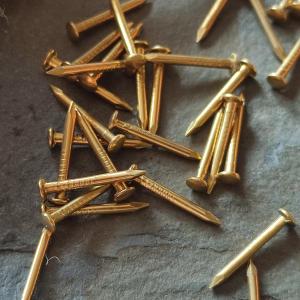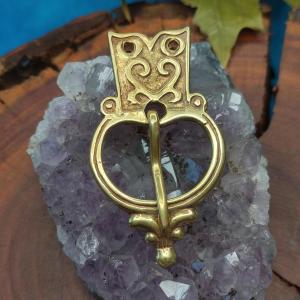Total size: 6 x 1,8 cm
Weight: 17,5 g
Inner Dimension: 1,9 - 2,1 cm
Recommended belt width: 2 - 2,5 cm
💡 Remember that the width of the belt and the chosen extension should match.
In the Middle Ages, belts had an aesthetic function, they revealed the status of the wearer and above all, they were used to hang all the items that the owner needed, the so-called daily necessities. Including coin pouches and weapons. That's what the belt should be designed to do in the first place. Alternatively, two belts can be used - one ordinary, solid belt, which will do all the work, and then the top one, for show :)
(Examples of known belt buckles from the 13th - 15th centuries, where you can find ours as well.)
The history of belts stretches throughout history. In the mythology of perhaps every nation, there is always a belt that confers strength or ,,girding" some superpower. Even today, we feel confident with a belt that is not only practical, but also shows passers-by who they have just met by its appearance.
Passing, also a beautiful word. The symbolism of the belt also accompanies the transition from boy to man, or rewards some feat of chivalry, and sanctifies a move to a higher level.
A true knight should always be ready for battle. And what better way than with a quality belt with solid ornate components.
A lady can assemble a simple or fully decorated belt with many types of fittings, as if she had just run out of a coopersmith!
And who was the coopersmith? He was a master of his craft. In Prague in the 14th century, there was even a guild of this applied art, and so we cannot be surprised that today we have museums full of beautifully preserved belt sets with buckles, armlets, decorative fittings and all sorts of dividers (especially in Germany, where most of them came to Prague from). We can still recognise the varying quality from dozens of different masters today. Both those that were created as the first original moulds and, unfortunately, also those cast, stolen and decaled moulds of lesser quality, created under the pressure of lower prices. The same as today!However, because of the lower price and the great availability at the lowest prices, quality craftsmen are gradually disappearing, don't you think so?
The belt has been and will continue to be a symbol of wealth and nobility and should not be underestimated when creating your character. As the saying goes - one must not play rich, one must be rich!
Our fittings are beautifully detailed, but they are not adorned with gold, enamel and pearls like for kings. We try to keep this series versatile, for use by a wide variety of swordsmen of different classes and status. However, if you would like it silvered or gold plated, please email us.
